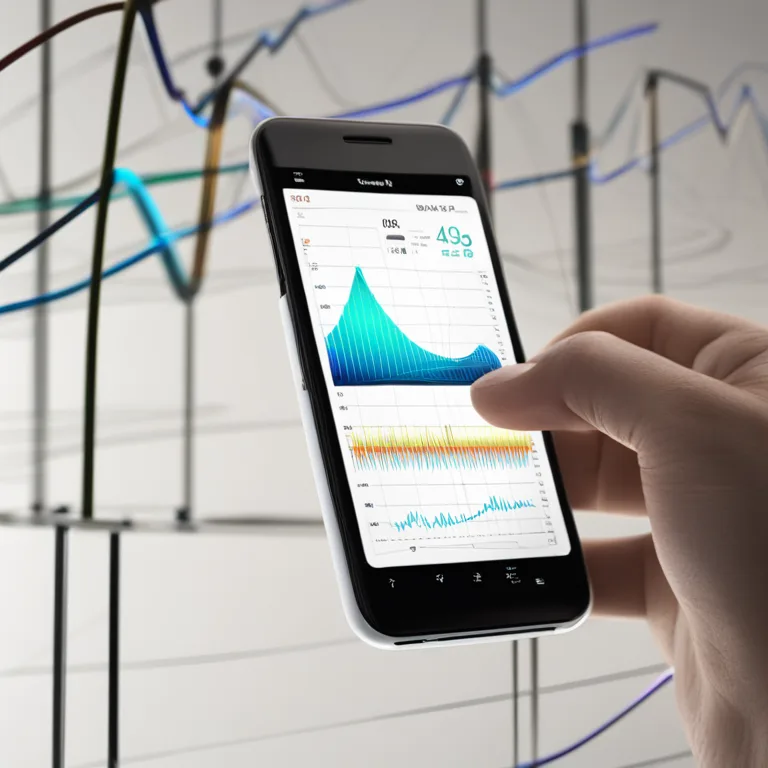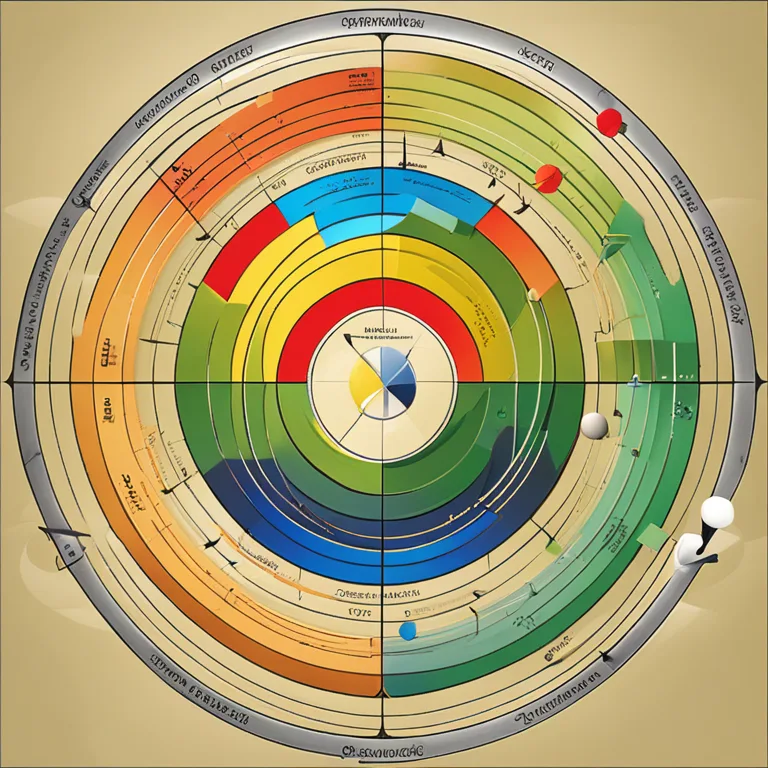
The Mystique of Biorhythm Cycles
Delve into the fascinating concept of biorhythm cycles and discover how they are believed to influence physical, emotional, and intellectual states.
article by Adrian Wallace
Defining Biorhythm Cycles
Have you ever wondered why some days you feel on top of the world, while others leave you feeling out of sync? Biorhythm cycles might hold the answer. This intriguing concept suggests that our daily lives are influenced by natural physiological cycles. Originating in the 19th century and gaining popularity in the 1970s, these cycles are thought to impact our physical, emotional, and intellectual well-being. While scientific backing is limited, the theory of biorhythms continues to captivate those interested in alternative and holistic disciplines.

The Three Primary Cycles
According to the theory, three primary biorhythm cycles dictate our experience: the physical, emotional, and intellectual cycles. Each operates on a different time frame; the physical cycle runs on a 23-day rhythm, influencing strength, coordination, and well-being. The emotional cycle, at 28 days, is said to affect mood, creativity, and perception. Lastly, the 33-day intellectual cycle reputedly shapes analytical thinking, memory, and communication. These cycles ebb and flow, reaching high, low, and critical points that may explain periods of peak performance or unexpected slumps.

Modern-Day Biorhythms and Technology
In the context of our modern digital era, the concept of biorhythms has seen a resurgence with apps and online calculators designed to track personal cycles. These tools typically require a user's birth date and use algorithms to chart current cycle statuses. Advocates argue that understanding one's biorhythm can lead to better life choices, from deciding when to schedule an important meeting to knowing when to rest. However, users should note that these tools should be used for entertainment purposes, as their scientific validity is still a matter of debate.

Criticism and Scientific Scrutiny
While biorhythms fascinate many, they have been met with skepticism in scientific circles. Numerous studies have attempted to validate the claims but the evidence to support the impact of biorhythms on daily life remains anecdotal at best. Critics argue that the human experience is too complex to be predicted by such simple cycles, and that confirmation bias may play a significant role in why some individuals swear by their accuracy. It's crucial for enthusiasts to approach biorhythms with an open, yet critical mind.

Integrating Biorhythms into Daily Life
Despite the skepticism, if you're keen on integrating the notion of biorhythms into your life, it can be a personalized journey. You might start by monitoring how you feel physically, emotionally, and intellectually over several weeks or months. Using biorhythms as a framework, you may spot patterns that correlate with the cycles. Whether you find these cycles accurate or not, the process can promote greater self-awareness and encourage a proactive approach to well-being.
Biorhythms and Compatibility
Biorhythms have also been roped into the realm of relationships and compatibility. Some people believe that by comparing the biorhythm cycles of partners, one could determine the potential harmony or discord in a relationship. This concept extends to professional dynamics as well, with some team-building strategies considering the biorhythm compatibility of team members, even though such practices are not scientifically endorsed.
Published: 12/28/2023
Modified: 12/28/2023
More predictions
Come back here soon to learn more about yourself and your future


Biorhythm Compatibility & Birthdays
Discover the intriguing connection between your birthday biorhythms and relationship harmony in our insightful article.


Exploring Human Biorhythmic Cycles
Explore the fascinating concept of biorhythms and their influence on physical, emotional, and intellectual faculties in humans.


Biorhythm Compatibility: Fact Or Myth?
Explore the concept of biorhythm compatibility to discover if there's a real connection between our biocycles and relationship harmony.